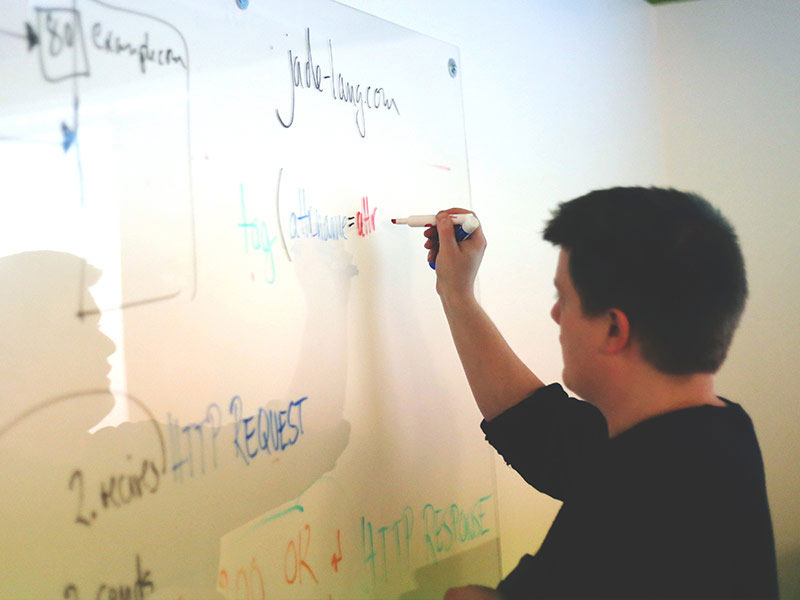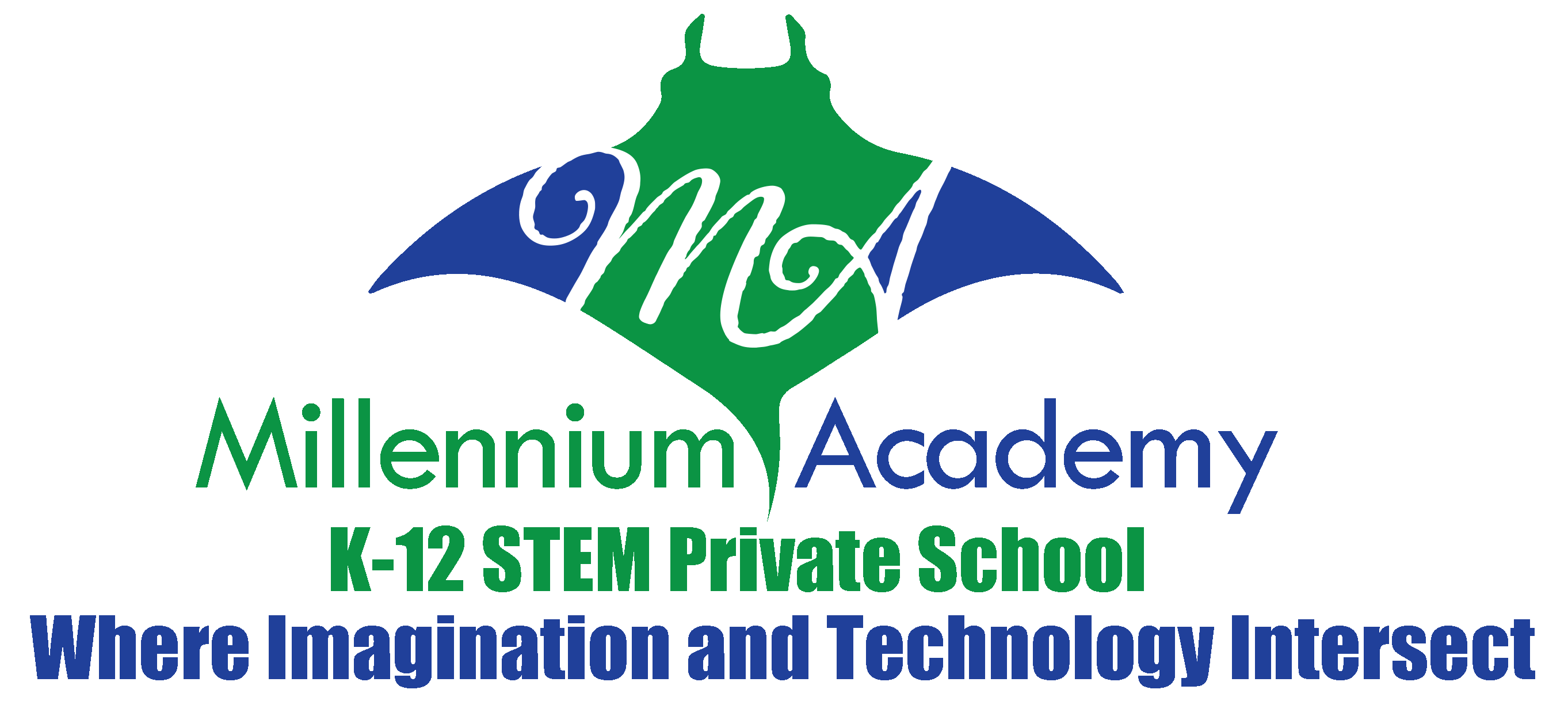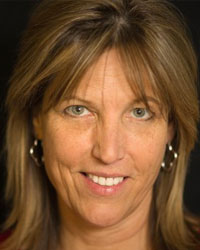About Millennium.
O
ur Philosophy; Education should promote the growth and development of the whole child, including physical, intellectual, emotional, and spiritual. Families and schools should be partners dedicated to the growth and development of children. Family life is critical to the grown and development of the child. Formal schooling should not infringe upon family life through excessive homework and unreasonable expectations. Formal schooling is just one way to help individuals learn.
We value all learning opportunities in the home, the school, and the community. Through the arts, students learn the values of drive, discipline, creativity, self-reliance, empathy, and diversity. Quality learning experiences through the arts connect academic disciplines and provide a broad intellectual context for learning. A school should be an exciting, vital community of learners where students and teachers are challenged to grow. Children should be joyful and have fun at school!
The Millennium Difference Millennium Academy differs from more traditional schools in many ways: Much of the instruction is delivered through “hands-on” activities. Students learn academic subjects through participation in a wide variety of activities, with an emphasis on the arts. Other instructional strategies include computer-assisted learning, small group “seminars” and collaborative instruction. Technology is included as part of the curriculum for every child. Students are expected to learn keyboarding skills, a variety of applications, and how to use the Internet for research. Students learn about a variety of other technologies including lighting, sound, music, synthesizers, and special effects used in the arts. Millennium Academy will also be offering credit advancement and recovery through online classes.
Millennium Academy welcomes parents as partners in the educational process. The curriculum is tailored to meet the needs of each child. Faculty and parents work together with each child to set individual educational goals and determine what strategies will help the child most.
Assessment includes a variety of measures, not just one high-stakes test. Student grades are determined by evaluating how well the student achieved his or her individual goals. Students progress as individuals toward learning and graduation goals. Sustained involvement in the arts is included as part of the curriculum for every child. The Importance of the Arts Young people who participate in the arts for at least three hours on three days each week through at least one full year are:
- 4 times more likely to be recognized for academic achievement.
- 3 times more likely to be elected to class office within their schools.
- 4 times more likely to participate in a math and science fair.
- 3 times more likely to win an award for school attendance.
- 4 times more likely to win an award for writing an essay or poem.
Young artists, as compared with their peers, are likely to:
- Attend music, art, and dance classes nearly three times as frequently.
- Participate in youth groups nearly four times as frequently.
- Read for pleasure nearly twice as often.
- Perform community service more than four times as often.
The facts are that arts education:
- Strengthens student problem-solving and critical thinking skills, adding to overall academic achievement and school success.
- Helps students develop a sense of craftsmanship, quality task performance, and goal-setting – skills needed to succeed in the classroom and beyond.
- Provides another opportunity for parental, community, and business involvement with schools, including arts and humanities organizations.
- Helps all students develop more appreciation and understanding of the world around them.
- Helps students develop a positive work ethic and pride in a job well done.
- Makes a tremendous impact on the development growth of every child and has proven to help level the “learning field” across socio-economic boundaries.
- Helps children develop the mind and body by encouraging reflection and higher level thinking as well as active learning.
- Helps stimulate and develop the imagination and refine cognitive and creative skills as well as critical thinking.
- Teaches children the skills necessary to succeed in life; including developing an informed perception; articulating a vision: learning to solve problems and make decisions; building self-confidence and self-discipline; developing the ability to imagine what might be; and accepting responsibility to complete tasks from start to finish.
- Nurtures important values, including team-building skills; respecting alternative points of view; and appreciating and being aware of different cultures and traditions.
Visit the Americans for the Arts website to learn more about the research on arts and education.




The Head of School.
Ms. Ekblad has been with Millennium Academy for more than thirteen years. Ms. Ekblad graduated with honors from University of South Florida with a Bachelor of Science Degree in Communication Disorders and Disorders of the Hearing Impaired. She has completed the Masters program at the University of South Florida earning her Masters degree in Educating Children with varying abilities, including ASD and Gifted education. In her spare time, Ms. Ekblad enjoys creating jewelry through various mediums, and working with glass to create jewelry and other works of art.
Mission and Values.
It is the mission of Millennium Academy to encourage and nurture the whole student in the pursuit of lifelong learning. We promote: The pursuit of knowledge: The acquisition of skills in the arts and sciences. A humane and caring relationship with others; and A profound diversity. We encourage: The striving to reach one’s full potential, in mind, body and spirit. Our students will: Understand the value the intrinsic worth of education: Develop critical thinking skills: Gain knowledge of technology; Learn to appreciate the value of the performing arts and sciences; Recognize high expectations are the key to success; Will prepare to become leaders in an increasingly complex and challenging world. Millennium Academy Education in the Arts, Sciences and Accelerated Learning
Apply Now.
Many classes are filling up. Apply today to secure your child's position at Millennium Academy.


